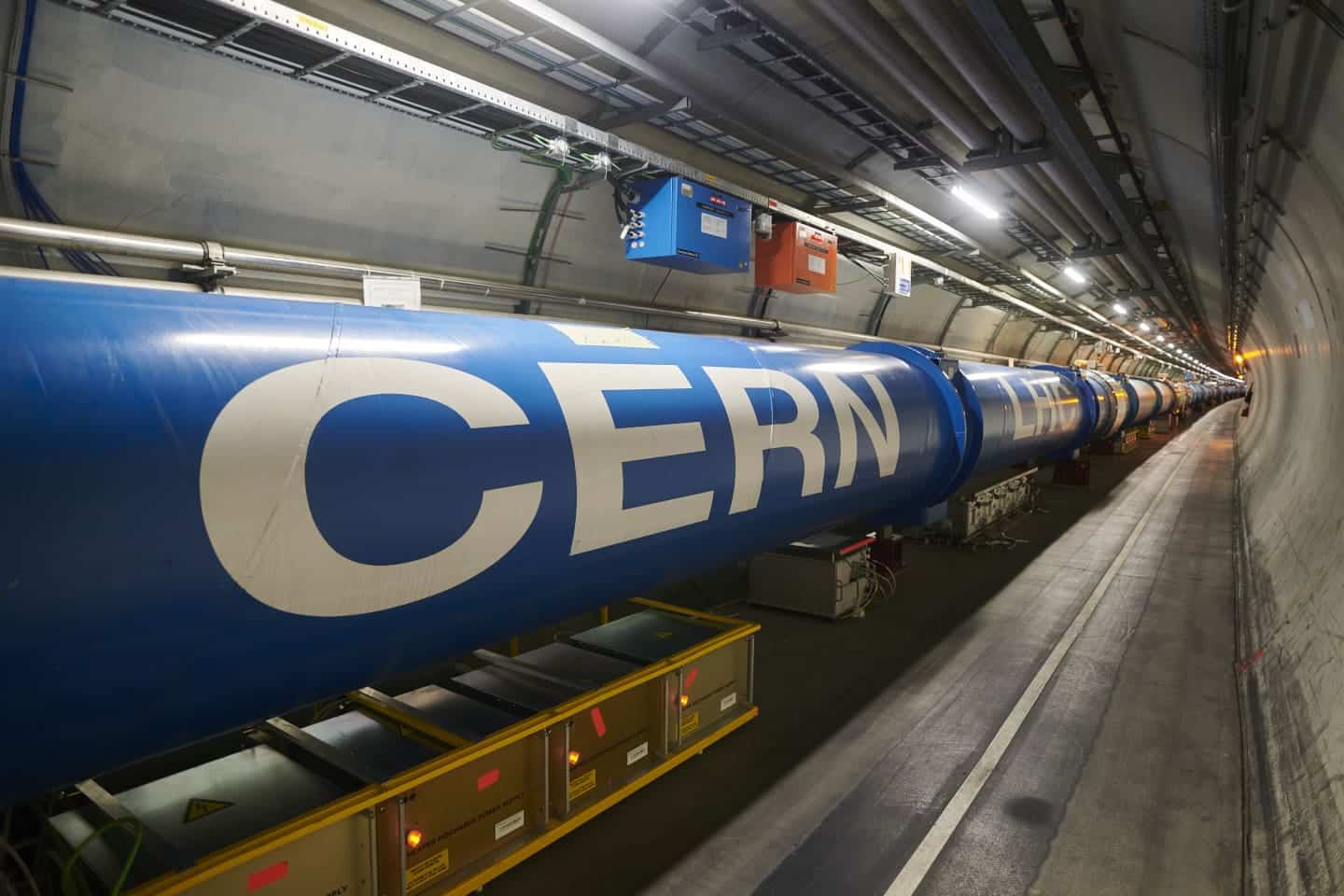Here’s the translation of the provided text into American English:
The collaboration will focus on evaluating the efficiency of DirectFlash flash storage in intensive scientific computing workloads, which is critical for the next phase of the Large Hadron Collider.
Pure Storage and CERN Openlab have joined forces in a strategic collaboration that promises to transform the way the massive amounts of data generated by high-energy physics are stored and managed. The goal: to assess the impact of Pure Storage’s flash technology on performance, sustainability, and scalability in the world’s most demanding scientific computing environments.
Flash technology serving universal knowledge
CERN, known for its pioneering experiments at the Large Hadron Collider (LHC), produces data volumes that reach exabytes. These workloads require storage solutions that are not only fast but also efficient in terms of energy consumption and physical space.

Pure Storage’s DirectFlash technology is set to replace traditional disk-based systems, which can no longer keep pace with modern science. This solution eliminates bottlenecks in data access, which are essential for analyzing and modeling fundamental phenomena of the universe.
A partnership to tackle the HL-LHC era
The multi-year agreement with CERN will allow testing how flash systems can be integrated into the large-scale distributed storage needed for the next major phase of the accelerator: the High Luminosity Large Hadron Collider (HL-LHC). This new stage will demand unprecedented access and write speeds, as well as an infrastructure capable of scaling without compromising efficiency.
“With CERN Openlab, we are pushing the limits of scientific computing to the next level. Our platform will help tackle unprecedented data challenges, with reliability critical to the advancement of particle physics,” said Rob Lee, CTO of Pure Storage.
Boosting performance, efficiency, and sustainability
One of the main focuses will be analyzing the energy and space impact of this technology compared to traditional solutions. The integration of optimized flash systems will not only accelerate scientific analysis processes but also reduce the carbon footprint, an increasingly pressing challenge for scientific infrastructures.
“This collaboration with Pure Storage has the potential to pave the way for a new generation of scientific discoveries. By improving storage efficiency, we can accelerate the pace of innovation at CERN and other research centers around the world,” emphasized Luca Mascetti, Storage Technology Director at CERN Openlab.
Future-oriented scientific storage
Beyond the project with CERN, this partnership showcases the role that smart storage technology plays in advances in science and artificial intelligence. With architectures capable of handling distributed workflows and AI-based analytics systems, solutions like those from Pure Storage are positioning themselves as a fundamental part of the scientific infrastructure of the future.

